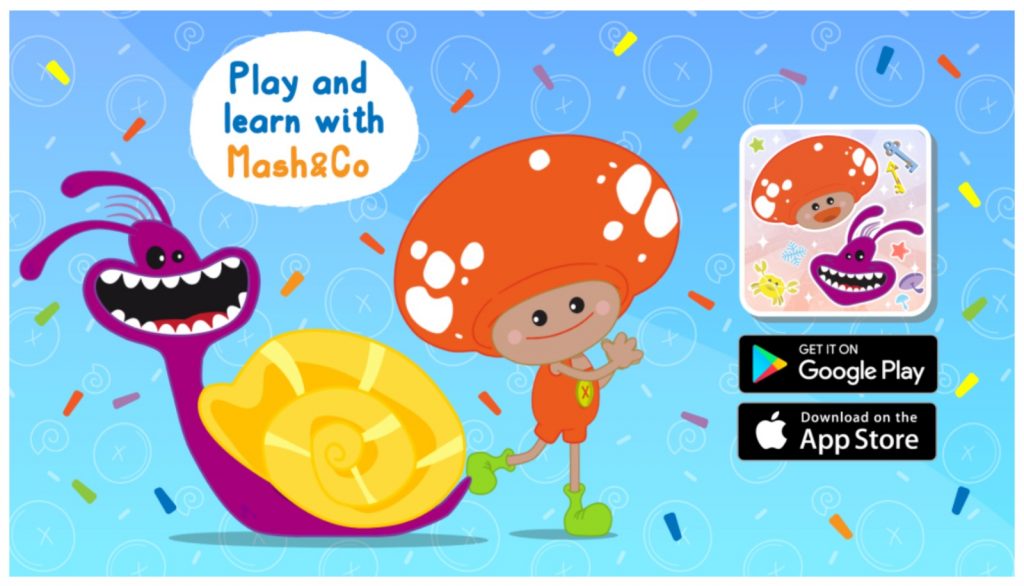Understanding Emotions is important for toddlers and pre-schoolers
Like adults, children have emotions. They also get frustrated, excited, nervous, sad, jealous, scared, elated, worried, angry, and embarrassed, and any of these all at the same time. However, unlike adults, it is difficult for young children to express their feelings. Young kids cannot articulate very well how they feel. Instead, they communicate it in other ways like throwing tantrums, shouting, pushing, and making facial expressions.
While this is normal for toddlers and pre-schoolers, it is necessary to teach kids the proper way of dealing with their emotions. As children go through different emotional development stages, it is vital to guide them on recognizing, expressing, and controlling their feelings.
READ ALSO: WAYS TO NURTURE CHILD’S EMOTIONAL INTELLIGENCE
Kids who can healthily express and recognize their emotions in the early years of their childhood are more likely to:
- Feel more confident and capable of themselves
- Be empathic and supportive of others.
- Perform better in school and other endeavors
- Have a more stable and positive relationship
- Develop good mental health and well-being
- Display less behavioral problems
- Have a positive sense of self
- Develop resilience and coping skills
Teaching kids the importance of emotions and feelings also decreases their anxiety. As a kid, they can get easily scared and overwhelmed when they feel something new. When their parents or guardians help them recognize strong emotions, the validation they get will help them develop healthy acceptance of their feelings.
Being aware of their feelings can also promote toddlers and pre-schoolers’ higher emotional intelligence. When they’re able to translate their feelings into actions, it would be easier for them to pinpoint what they are experiencing and cope with the current situation that they are in.
Recognizing children’s feelings and helping them manage their emotions can ultimately lead to a positive outlook and behavior when they grow up. So the next time your child throws a tantrum or shouts really hard, don’t get upset. Please take it as an opportunity to teach and hone your little one.



